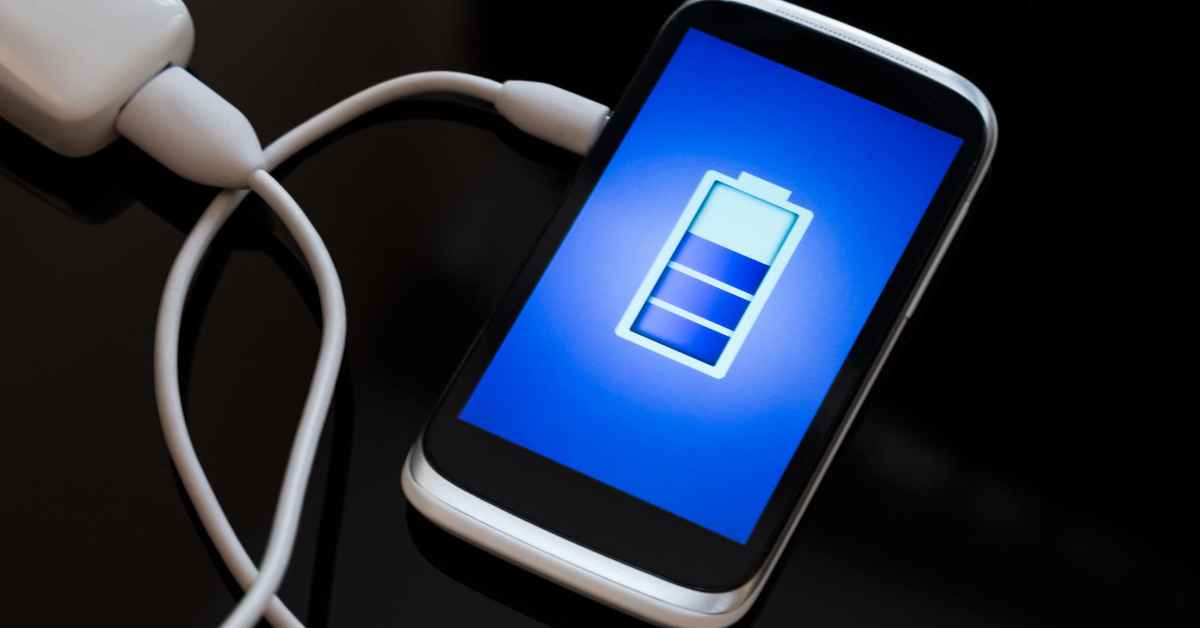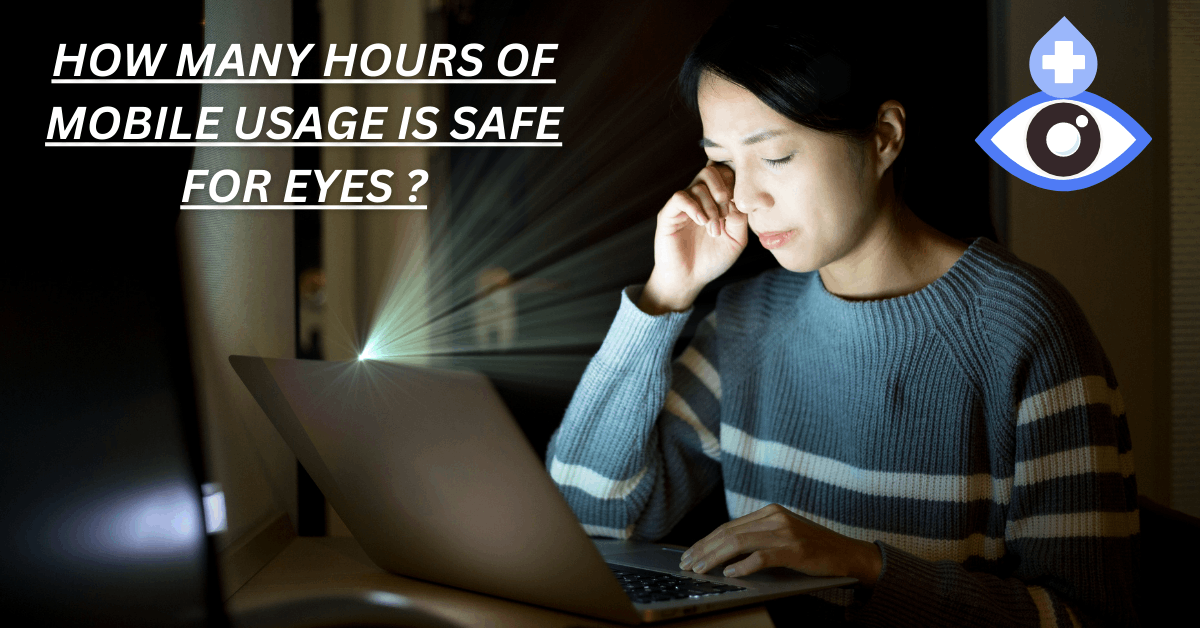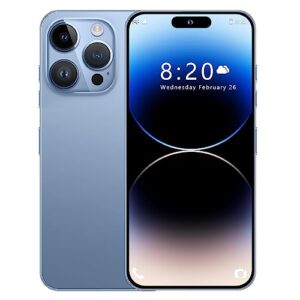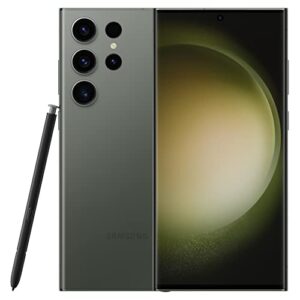
A Lithium-polymer (Li-Po) battery is a somewhat old technology that is still used in laptops and bar phones. These batteries are comprised of an extremely lightweight substance called silicon graphene and have a structure that is comparable to that of lithium-ion batteries. The majority of high-capacity power banks and laptops use these batteries because of their minimal weight and flexibility.
The majority of our current cell phones are powered by lithium-ion (Li-ion) batteries. These batteries consist of three different components: a lithium metal anode (the negative terminal), a graphite cathode, and an electrolyte layer that separates the two to prevent short-circuiting. Ions from the negative terminal move towards the positive terminal, where energy is stored, during a chemical reaction that occurs when we charge our batteries. Ions return to the anode as the battery empties.
Which is preferable?
The advantages and cons of each battery type are different. To begin with, Li-ion batteries can simply pack more power cells than lithium-polymer batteries since they have a very high power density. This feature is used by smartphone manufacturers to increase power while maintaining a sleek design profile.
A memory effect is also absent from these batteries. That means what, exactly? A memory effect is a condition when batteries lose their ideal capacity for recharging. You can recharge your batteries even after leakage current because lithium-ion batteries don’t suffer from the memory effect.
Lithium-ion batteries do have drawbacks, though. Its age effect is one of the largest. Ions in batteries eventually lose their capacity to create their maximum amount of energy. You now understand why your phone was charging too quickly, assuming that was something you had been complaining about.
Li-polymer batteries are lighter and more rigid. Because they resemble gel, these batteries are also less likely to leak. These batteries are unable to overcome the memory effect problem, though. The lifespan is shortened as the gel-like substance becomes tougher over time.
The fact that these batteries are often huge is because they are unable to pack a high power density in small spaces. Your standard laptop batteries, which often need replacement after a set amount of time, are the easiest example of this.










[…] life: Battery life is a key consideration for many mobile users, and Samsung’s latest mobiles are expected […]
[…] life: The battery life of mobile hotspot devices can be limited, especially if you are using them for extended periods of […]
[…] life: Using GPS technology can be a drain on your mobile device’s battery life, especially if you are using it for extended periods of time. This can be a significant limitation […]
[…] life: Finally, using mobile 5G technology can be a drain on your device’s battery life, especially if you are using it for data-intensive applications. This means that users may have to […]